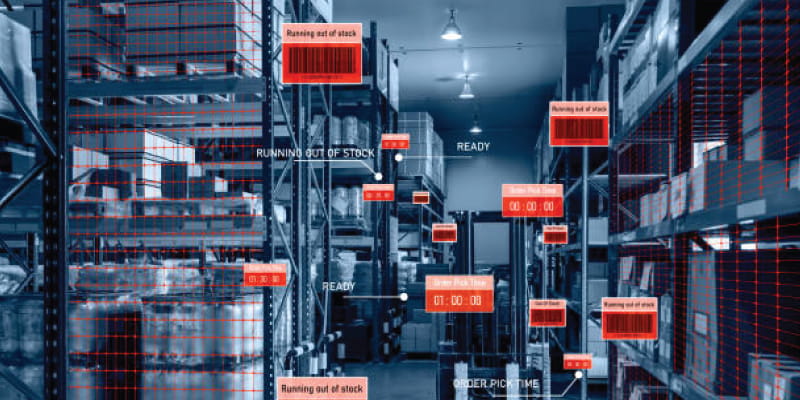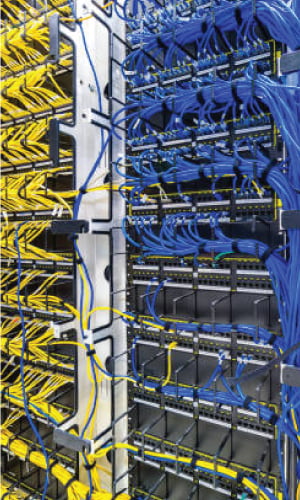- Shop
- Services
IT PROVIDER
- Custom Pc & Laptop
- Servers Configuration
- Networking Configuration
- Parts Replacement & Repair
Licensing & Software Solution
- Switches License
- Networking Equipment License
- Firewall Configuration
- Discounted Products
- Blog
Software and Licensing
Access, Control, Compliance
Now, you can manage, secure, and simplify your software with smart licensing guided by our tech geeks. Exploring investing will maximize your software efficiency.
Software & Licenses can Tame your Digital Space – Explore Software License
Is your software sleeping? Standard software could be more efficient in achieving goals within the time frame. We need software that works as an engine to drive results, as they are vital to igniting the true potential. No software or hardware can take off without licensing, so hold your breath! You have arrived at the right destination—it is the UAE's top software and licensing vendor house.
Licensing Strategies You Must Know
Software Licensing Companies
Do not trust all software licensing companies. Decrease chaos with the help of reliable software licensing companies.
Software Licensing Models
Select a software licensing model that fits your needs; in this case, you can give ace to your goals & dreams.
Software License Management Services
The proper automated software license will provide accessibility, control, and power over IT devices.
Don't Just Install – Fuel Software Success with Cisco Security Licensing & Software Access Process
Wake up to reality! You just do not need any other regular salesperson or IT vendor. Are you wondering why? Let us drop this bomb on those who think this way: All IT companies require Software licensing solutions that may increase ROI, compliance, operations, and security twofold. Fear Not! Get everything at your favorite one-stop shop – Systechware.
Success Isn't Just Code, It's the Right Key
Many companies must prioritize expert licensing options and solutions and know how to price software licensing to run their businesses effectively. Do you need more, or are you lagging behind in robust licensing solutions?
Pay-Per-Use Licensing
Subscription Licensing
Concurrent Licensing
Floating Licensing
Metered Licensing
Perpetual Licensing
Types of Software Licensing Models
Before purchasing any software licensing, you should analyze your specific needs and budget and dive into the world of tech experts who provide software licenses and the best solutions. These are two main steps that are considered mandatory. Neglecting any of them will make you pay the heavy cost.

Open Source Licensing


Choosing the Right Mode
"The best software doesn't need a complex licensing scheme to protect itself. It wins on merit, not obscurity."
Fred Wilson.

Choose Software Licensing That:
- Unlock Power
- The Codes Gate Keeper
- Digital Warrior
- Play To Win
- Smart. With Advanced Features
Cisco Security Licensing & Software Access Process – All in One Explore Us
Systechware at Dubai awaits you if you are stuck but ready to soar. We have solutions and expertise to propel your growth. You will understand how we can take you out of tech troubles with reliable IT devices and unique solutions and plans.
Frequently Asked Questions
IT hardware licensing is a legal process of gaining permission or rights to use specific hardware components, devices, or equipment. It involves agreements between the hardware manufacturer, vendor, and user to cater to usage terms and conditions.
In simpler terms, hardware licensing isn’t just for computers. Many IT hardware needs licensing to control features and functionality, and almost all advanced IT hardware, from servers and storage to network devices and even special components like security modules, must have hardware licenses to function.
Hardware licensing is very necessary because it ensures that users have legal permission to use the hardware according to the terms set by the manufacturer or vendor. It also helps protect intellectual property rights, manage usage, and provide support and updates for the hardware.
Standard terms include the scope of usage, permitted number of installations or deployments, restrictions on modification or reverse engineering, support and maintenance provisions, warranty terms, and conditions for transferring licenses.
Hardware licenses are typically obtained through agreements with the manufacturer or vendor at the time of purchase. Users may need to register their hardware and activate licenses through online portals or registration processes provided by the vendor.
Hardware licenses are transferable depending on the terms specified in the licensing agreement. Some licenses may allow transfer to another party under certain conditions, while others may restrict or prohibit transfer altogether.
Using hardware without a valid license may breach intellectual property rights and result in legal consequences, such as fines or injunctions. Additionally, unauthorized usage may result in the manufacturer denying support and updates.
Software licensing refers to the legal framework governing software use, distribution, and modification. It outlines the terms and conditions under which users can use the software.
Software licenses can vary widely, but common types include proprietary, open-source, freeware, and subscription-based licenses. Each type has its own set of terms and conditions regarding usage rights and restrictions.
Factors to consider include the software’s intended use, budget constraints, compatibility with existing systems, the level of support and maintenance required, and any legal or regulatory compliance obligations.
The ability to modify software depends on the type of license. Open-source licenses often allow modification and redistribution, while proprietary licenses may restrict or prohibit modification without explicit permission from the copyright holder.
Software license compliance involves tracking and managing software usage to ensure adherence to the licensing agreements’ terms. This may involve implementing software asset management systems, conducting regular audits, and educating employees on licensing policies.
Non-compliance with software licenses can result in legal action, including lawsuits, fines, and injunctions. It can also damage relationships with software vendors and harm the organisation’s reputation.
Software licenses are transferable depending on the terms specified in the licensing agreement. Some licenses may allow transfer to another device or user under certain conditions, while others may restrict or prohibit transfer.
For specific details about software licensing, refer to the software vendor’s licensing agreements or consult legal professionals specialising in intellectual property law. Additionally, industry forums and online resources may offer valuable insights into software licensing practices and trends.












